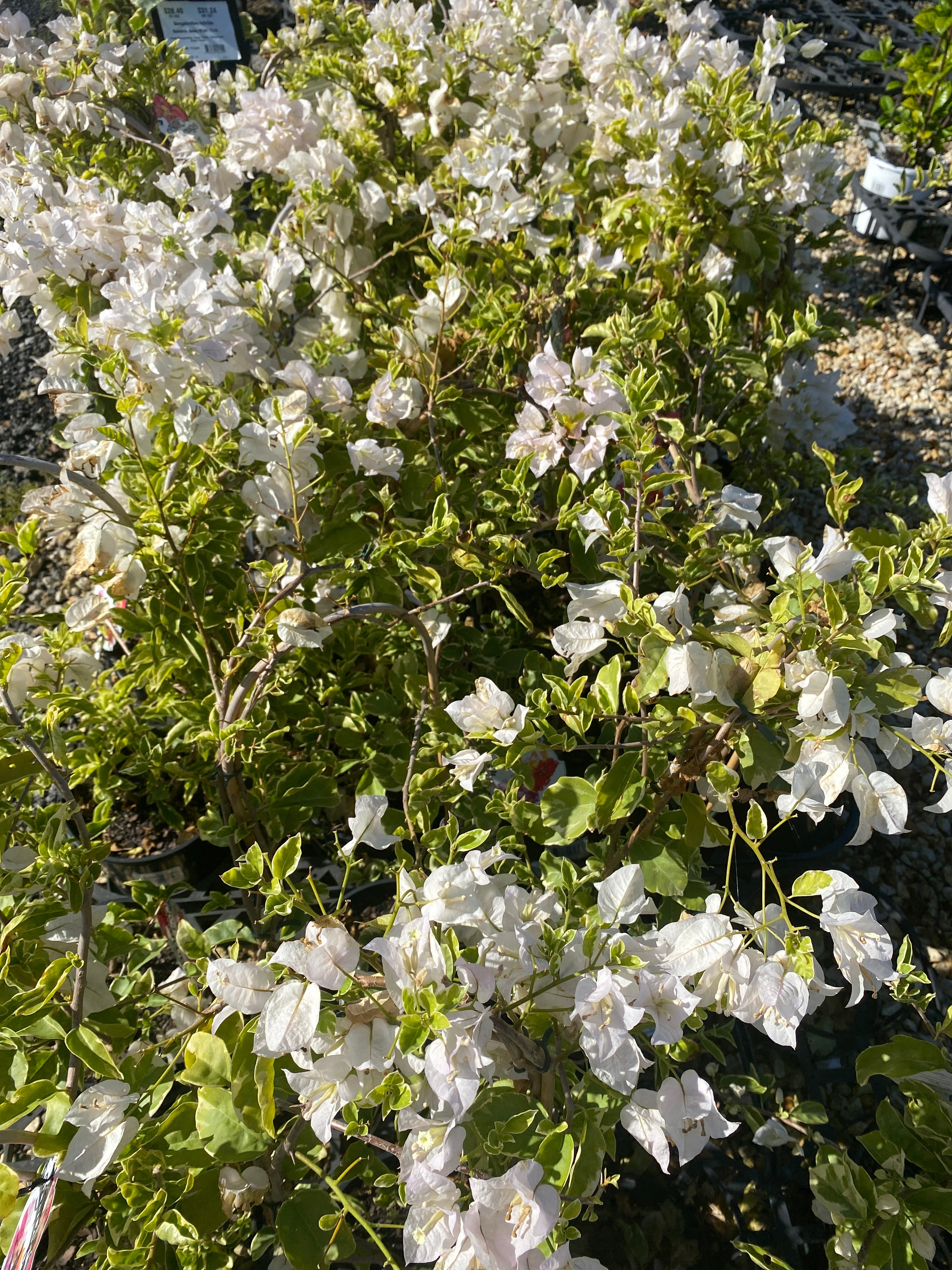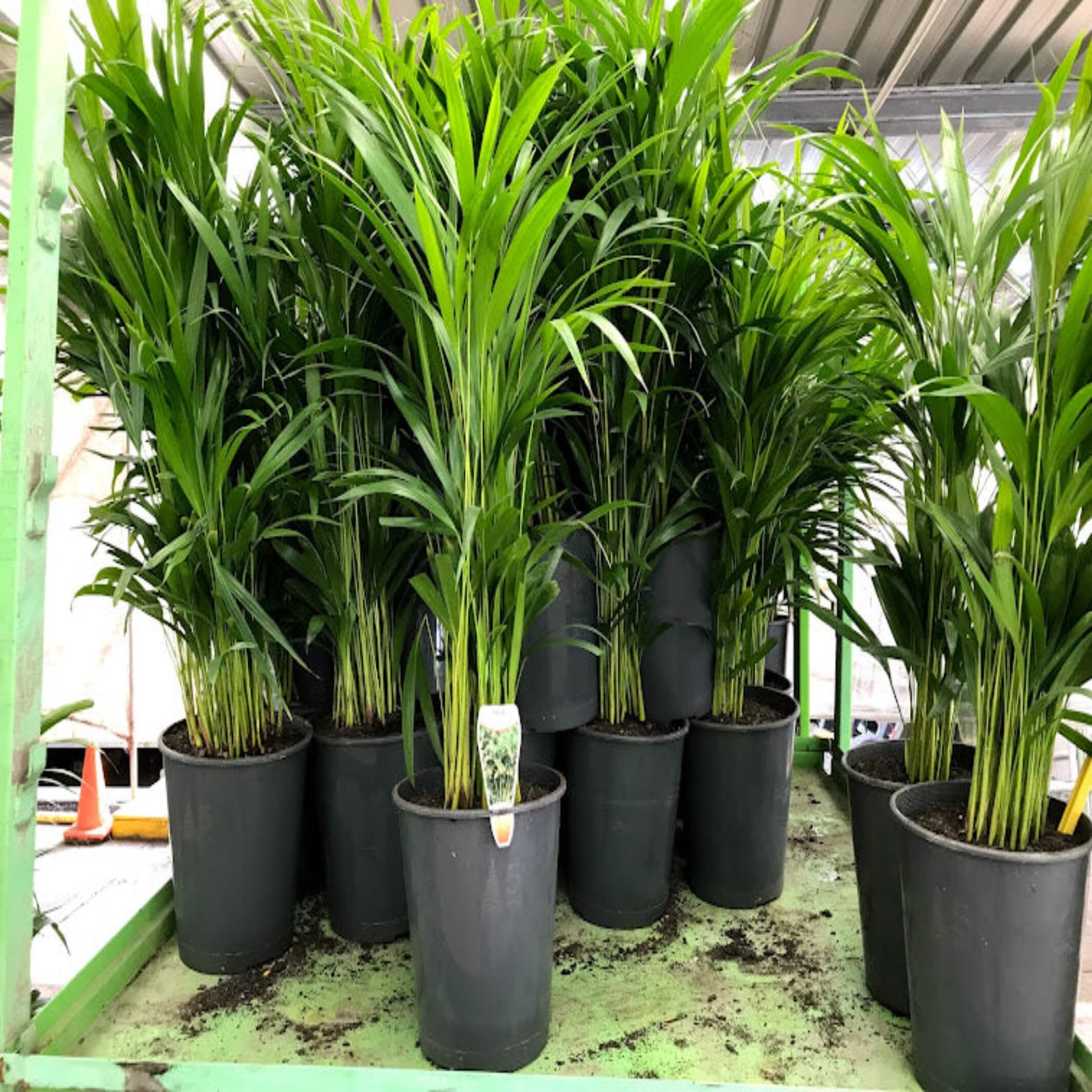Best Plants for a Privacy Screen: A Beginner's Guide
Introduction:
Are you looking to create a private oasis in your outdoor space? Privacy plants, also known as screening plants, are the perfect solution. In this beginner's guide, we'll explore the world of privacy plants, including fast-growing options and evergreen choices, to help you establish a lush and secluded haven in your garden.
Why Choose Privacy Plants?
The Benefits of a Green Screen
Privacy plants offer more than just seclusion. They bring numerous advantages to your outdoor living space. Here are a few reasons why you should consider them:
Privacy: The most obvious benefit. Block unwanted views and create a peaceful retreat.
Aesthetics: Privacy plants add beauty and visual interest to your landscape.
Noise Reduction: They can absorb and dampen sound, making your garden more tranquil.
Windbreak: Create a sheltered area by planting privacy plants strategically.
Property Value: A well-landscaped garden with privacy features can increase your home's value.
Fast-Growing Privacy Plants
Quick Solutions for Instant Privacy
When you need privacy in a hurry, fast-growing privacy plants are your go-to option. These plants establish themselves rapidly and provide a screen sooner than you might expect. Here are a few favorites:
Bamboo (Phyllostachys spp.): Known for its rapid growth, bamboo forms dense screens.
Arborvitae (Thuja spp.): Tall and hardy, arborvitae varieties fill in quickly.
Leyland Cypress (Cupressocyparis leylandii): Popular for its swift growth and evergreen foliage.
Privet (Ligustrum spp.): Privet hedges are fast-growing and can be easily pruned.
Callistemon (Bottlebrush): Bottlebrush plants can create an attractive and natural privacy screen with their unique and vibrant flowers.
Juniperus (Juniper): Junipers can be pruned into various forms and are ideal for adding privacy to your garden.
Pittosporum: Certain Pittosporum varieties, like Pittosporum tenuifolium, can be pruned to form an effective and visually appealing privacy hedge.
Syzygium: Syzygium varieties, such as Syzygium australe (Lilly Pilly), can be used to form dense and attractive privacy hedges.
Evergreen Privacy Plants
Year-Round Greenery and Privacy
Evergreen privacy plants retain their leaves throughout the year, ensuring your privacy screen remains lush and vibrant. These options are excellent for year-round seclusion:
Holly (Ilex spp.): Holly bushes provide dense, glossy foliage and produce vibrant berries.
Laurel (Prunus laurocerasus): Laurel's large, glossy leaves make it a classic choice.
Yew (Taxus spp.): Yews offer dark green foliage and can be pruned into various shapes.
Juniperus (Juniper): Junipers can be pruned into various forms and are ideal for formal gardens.
Pittosporum: Certain Pittosporum varieties, like Pittosporum tenuifolium, can be pruned to form an effective and visually appealing privacy hedge.
Rhaphiolepis: Rhaphiolepis indica is a versatile choice that can be used for creating privacy screens and is suitable for different climates.
Syzygium: Syzygium varieties, such as Syzygium australe (Lilly Pilly), can be used to form dense and attractive privacy hedges.
Viburnum: Viburnum tinus, for example, is an evergreen shrub that can be planted to create a lush privacy screen.
How to Choose the Right Privacy Plants
Factors to Consider
Selecting the right privacy plants involves more than just aesthetics. Consider these factors:
Climate: Choose plants that thrive in your specific climate and weather conditions.
Size: Determine how tall and wide you want your privacy screen to be.
Maintenance: Some plants require more upkeep than others; assess your willingness to maintain them.
Sunlight: Ensure the plants you choose match the sunlight levels in your garden.
Planting and Caring for Your Privacy Plants
Green Screens Need TLC
Once you've chosen your privacy plants, it's essential to plant and care for them properly. Here are some steps to follow:
Prepare the Soil: Ensure the soil is well-draining and amend it if necessary.
Planting: Space your plants according to their mature size and follow planting guidelines.
Watering: Provide consistent moisture, especially during the establishment phase.
Pruning: Regularly trim and shape your plants to maintain the desired screen.
Achieving Garden Serenity
Enjoying Your Private Paradise
With the right privacy plants in place and proper care, you'll soon have a secluded garden retreat to enjoy. Add comfortable outdoor furniture, decorative elements, and lighting to create your private paradise.
Conclusion:
Privacy plants are the key to enhancing your outdoor space's seclusion and beauty. Whether you opt for fast-growing options or evergreen selections, these green screens will transform your garden into a tranquil haven.




Leave a comment